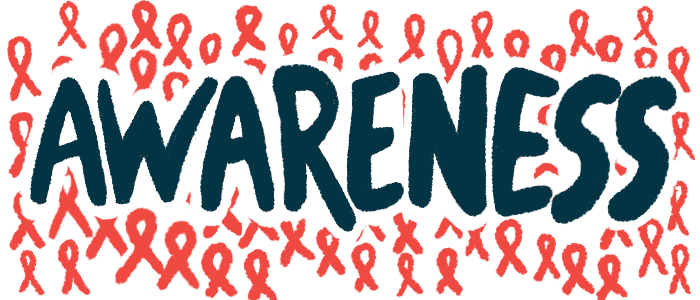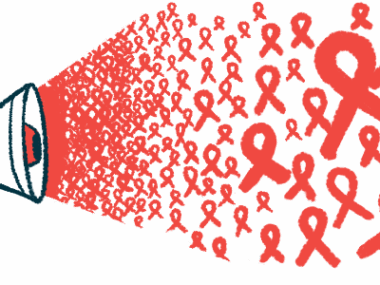Awareness month focuses on challenges for rural communities
Access to care, spotty internet service among issues for rural areas
Written by |

February is Rare Liver Diseases Month, and the Global Liver Institute (GLI) is promoting a series of activities and events to raise awareness of the long list of rare liver diseases, especially in rural areas where healthcare resources and education are limited.
GLI is a nonprofit organization that promotes increased awareness and innovation to help improve the lives of those affected by liver disease.
The theme of the institute’s annual #RareAware campaign this year is Rare and Rural. It aims to stimulate curiosity, action, and research to address the unique challenges faced by those with rare liver diseases living in underserved, rural areas.
“Normalizing conversations about rare liver diseases is key to breaking barriers to diagnosis, especially in rural areas where healthcare resources are scarce,” Larry R. Holden, CEO of GLI, said in an organization press release. “By increasing awareness, we can bridge critical gaps in diagnosis and care, particularly in underserved rural areas, and empower individuals and communities to act early.”
More than 100 hospitals in rural areas of the U.S. closed over the past decade, and hundreds more are at risk, limiting timely access to healthcare for many people living in these areas.
Sharing experiences during awareness month
As hospitals can be hours away, financial strains can mount with long trips for appointments and lost work. Reliable internet service can also be problematic in rural communities, discouraging telehealth visits, according to GLI.
Research suggests biliary atresia, a rare liver disease affecting infants, may occur more frequently in rural populations, but its diagnosis is often delayed due to lack of specialized care.
In addition to inadequate access to specialists and insufficient training, which limits healthcare providers’ ability to diagnose and manage rare liver diseases, more than 90% of U.S. rural counties have shortages of primary care physicians, who can refer patients to specialized care.
GLI’s social media toolkit offers graphics to highlight the challenges faced by rare liver disease patients living in rural communities. The organization suggests advocates share patient and caregiver experiences and knowledge to show support for others affected by liver disease using the hashtag #RareAware on social media platforms.
“My own experience as a patient in a rural area taught me how vital it is to share our stories and raise awareness,” said Kristin Hatcher, GLI’s program director of pediatric and rare liver disease. “In rural and underserved areas, people listen to those who sound like them, live near them, or share similar experiences.”
The organization also aims to connect more than 30 students in rural areas with hands-on research and advocacy about the impact of rare liver diseases on their communities, and to share the stories of several rare disease patients in rural areas.
GLI will host several in-person educational events, such as science fairs and research roundtables, at medical schools in rural areas throughout the month.
“When rare liver diseases become part of everyday conversations, especially among friends, family, and neighbors, it creates a ripple effect,” Hatcher said. “It can truly make the difference between life and death.”
GLI plans to share a comprehensive list of support and educational resources for rare disease patients in rural communities. It also provides tips to help patients overcome healthcare access limitations in rural communities, including finding a local support group of advocacy organization, looking for telehealth options, and visiting mobile health clinics.
The institute offers resources on rare liver diseases, including basic descriptions, facts, registries, and links to external organizations that provide support and detailed information. These rare liver diseases include biliary atresia, primary biliary cholangitis, primary sclerosing cholangitis, and progressive familial intrahepatic cholestasis.
Advocates who want some gear can visit the GLI shop and purchase coffee mugs, T-shirts, and hoodies to spread awareness at work and in the community.
The nonprofit will also lead in-person advocacy events to drive policy changes for rural healthcare. The month culminates with FDA-NIH Rare Disease Day 2025, Feb. 27-28 in Washington. There will be rare diseases stories, panel discussions, exhibitors and scientific posters, and an art exhibition.
Elsewhere during the month, the American Liver Foundation is offering virtual events for caregivers, patients, and liver transplant recipients as part of the Sharing Your Journey series.



